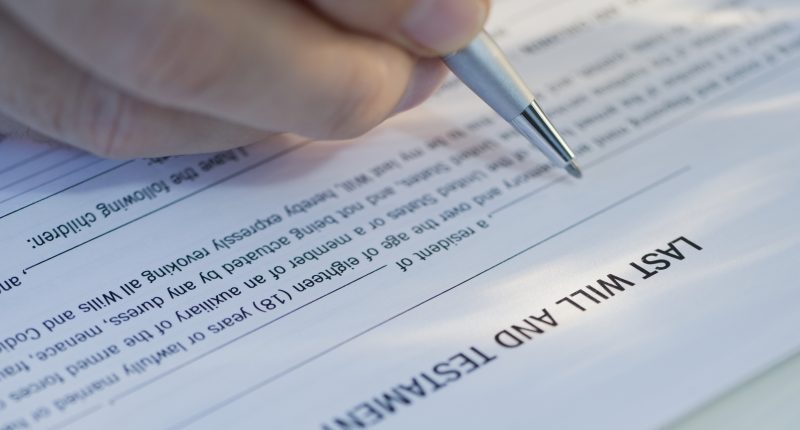GRIEVING families are being hit by a double-whammy of “death tax” delays and a major fee hike.
The cost for applying for probate will rise by 10% from £273 to a flat rate of £300 in days.
The hike will come into place from Wednesday May 1, The Sun can reveal.
It comes as new analysis found that the number of probate cases taking over a year to be granted has risen by 65% over the last three years.
And the number of probate cases taking over nine months has risen by 94%, according to data obtained by Quilter via a Ministry of Justice (MoJ) Freedom of Information Request (FOI).
According to the government, someone should usually get the grant of probate within 16 weeks of submitting an application.
Read more in money
Shaun Moore, tax and financial planning expert at Quilter says: “In the midst of grief, executors – often close kin or friends – face the added burden of navigating the probate maze.
“With probate wait times soaring, the emotional toll intensifies.
“Despite there being an increase in the number of people submitting their paperwork digitally it is clear that HMRC is struggling to keep up with the workload causing these longer wait times.
“This can have huge ramifications for a family.”
Most read in Money
After someone dies, their assets are usually frozen.
To access, gather, and distribute these assets, the appointed executor(s) need legal authority.
The grant of probate provides this authority, ensuring that the executor can legally carry out the wishes outlined in the will.
The fee is only payable if the person’s assets are worth £5,000 or more – otherwise, there is no charge.
A Ministry of Justice spokesperson said: “This modest increase in fees will help pay for the extra staff we’ve recruited to the probate service who have processed record numbers of applications in recent months.
“!The probate fee is only payable for estates with a value above £5,000 and is recoverable from the estate once probate has been granted.”
What is probate and how do I apply?
Probate is the legal process of dealing with a person’s death.
You must apply to HMCTS to get probate, either by visiting www.gov.uk/applying-for-probate or by post.
If there is a will, the executor should apply, and if there is no will, the closest living relative can apply.
Before you apply, you’ll need to contact organisations such as banks and utility providers related to the deceased person.
You’ll also need to estimate the value of their estate and determine whether there is any inheritance tax to pay.
Probate might not be needed if the person jointly owned property or money that would automatically pass to the other owner or if they only had savings.
Application fees for probate in England and Wales are £273, whether you apply through a solicitor or take the DIY option.
Estates worth less than £5,000 pay no fee.
You can order extra copies of the probate document for £1.50 each. This means you can send them to different organisations at the same time.
GET HELP WITH PROBATE FEES
YOU may be able to get help to pay the probate fee and other court fees if you have a low income or are on certain benefits.
You can apply for help with fees online by visiting www.gov.uk/get-help-with-court-fees or by filling in form EX160 before applying for probate.
If you apply for probate online, you’ll have to pay the full probate fee when you apply.
You’ll get a refund later if your application for help with fees is successful.
The Ministry of Justice says that those who are not eligible for Help with Fees but who feel they would face undue hardship as a result of paying the fee can still apply for the fee to be waived via the Lord Chancellor’s exceptional power to remit fees.
For help, you can contact HMCTS on 0300 303 0648 or by emailing [email protected].
Shaun added: “Having your estate as organised as possible before you pass is the best course of action.
“This can include simple things such as utilising trusts during someone’s lifetime, moving assets out of the estate so that they’re not part of the probate process.”
For example, you could choose to place life insurance policies in trust.
If you do, upon death, the life insurance benefits are paid to the trustees and are distributed, prior to probate, as per the terms of the trust.
READ MORE SUN STORIES
“While it is impossible to predict how long you might live it is never too soon to start thinking about making lifetime gifts,” added Shaun.
“This not only removes an asset from your estate for probate purposes but a gift made seven years prior to your passing may also help reduce any Inheritance tax liability.”









